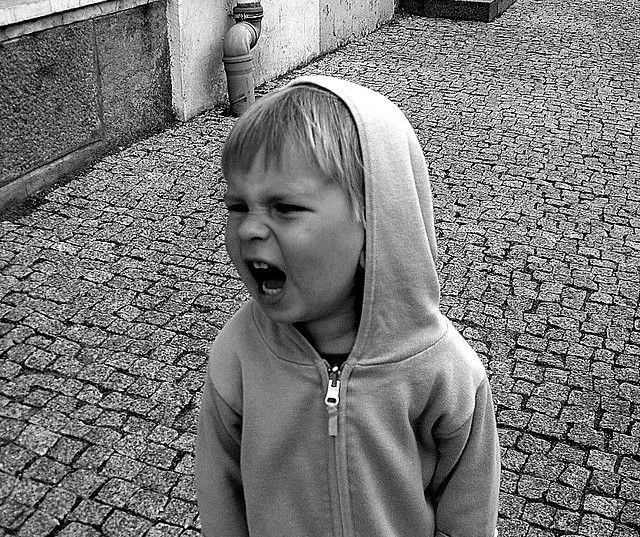Neglect May Be As Harmful As A Slap To A Child: Emotional Abuse Has Real Consequences

Emotional abuse may be equally harmful to a child as physical abuse and neglect, the results of a McGill University study suggest. Importantly, the researchers also say, sexually abused children are usually mistreated in other ways as well.
"Child maltreatment" is the psychological umbrella covering child physical abuse (affecting 8.0 percent of the world’s children), sexual abuse (1.6 percent), emotional abuse (36.3 percent), and neglect (4.4 percent).
Through Mt. Hope Family Center, Dr. Dante Cicchetti of University of Minnesota and Dr. Fred Rogosch of University of Rochester have been running, for over 20 years, a summer research camp as a way to study low-income, school-aged children between the ages of 5 and 13. Using data from this unique study, Dr. David Vachon, a professor in the department of psychology, and his co-researcher explored the effects of child abuse by examining the behavior of nearly 2,300 boys and girls who attended the camp.
Roughly half boys and half girls, the campers could be broken down into the following groups: 60.4 percent African-American, 31.0 percent white, and 8.6 percent other ethnicities. (Each of these groups included Hispanic children.) Nearly half (52.1 percent) of these campers had a well-documented history of child maltreatment. The counselors, while working with the children, were not aware which of the children had been abused. Vachon and his colleague assessed the psychiatric and behavioral problems of the children based on child-, peer-, and counselor-reports.
"Our study does not compare each child to each other child," Vachon told Medical Daily in an email. "Rather, we determine whether the group of 1000+ maltreated children has different issues compared to the group of 1000+ non-maltreated children."
The researchers discovered physical abuse, emotional abuse, and neglect were “equivalent insults that affect broad psychiatric vulnerabilities.” Child maltreatment, said the researchers, had equal consequences for boys and girls of different races. Importantly, non-sexual child maltreatment negatively influenced two dimensions of a child’s mental state, their internalizing process and externalizing process. In turn, both these altered dimensions led to multiple forms of emotional troubles.
What is internalization and externalization?
Internalization and externalization, according to Freudian psychologists, are opposite, unconscious defense mechanisms. Externalization occurs when a child (and later, the adult) projects his or her own inner characteristics and feelings onto other people. A negative example would be a child who feels angry but instead believes everyone else is mad at her (and responds to people in this way). Internalization works in the opposite direction; this involves projecting another person’s characteristics onto the self. A negative expression of this, for instance, would be a child seeing her friend hurt a small dog and mistakenly feeling guilty for this act.
"Maltreated children experience more internalizing symptoms (e.g., anxiety, depression) and more externalizing symptoms (e.g., aggression, rule-breaking)," Vachon said. "In other words, maltreatment seems to have widespread effects on children."
Specifically, children who internalized their maltreatment showed signs of neuroticism, withdrawal, anxiety, depression, and poor body image. Similarly, the children who externalized their maltreatment showed an inclination for rule-breaking, aggression, antagonism, fighting, and peer disruption.
"There is individual variation among the children in terms of how each one responds to maltreatment," said Vachon, adding, "We are interested in the overall tendency for early maltreatment to be associated with psychological and behavioral outcomes."
The researchers noted their results also highlight an important problem: sexual abuse, which occurred very infrequently, was almost always accompanied by other types of maltreatment. For this reason, it was difficult to understand what, if any, might be the specific consequences of this form of abuse.
Source: Vachon DD, Krueger RF, Ragosch FA, Cicchetti D. Comparable consequences across different forms of child maltreatment. JAMA Psychiatry. 2015.
Published by Medicaldaily.com



























